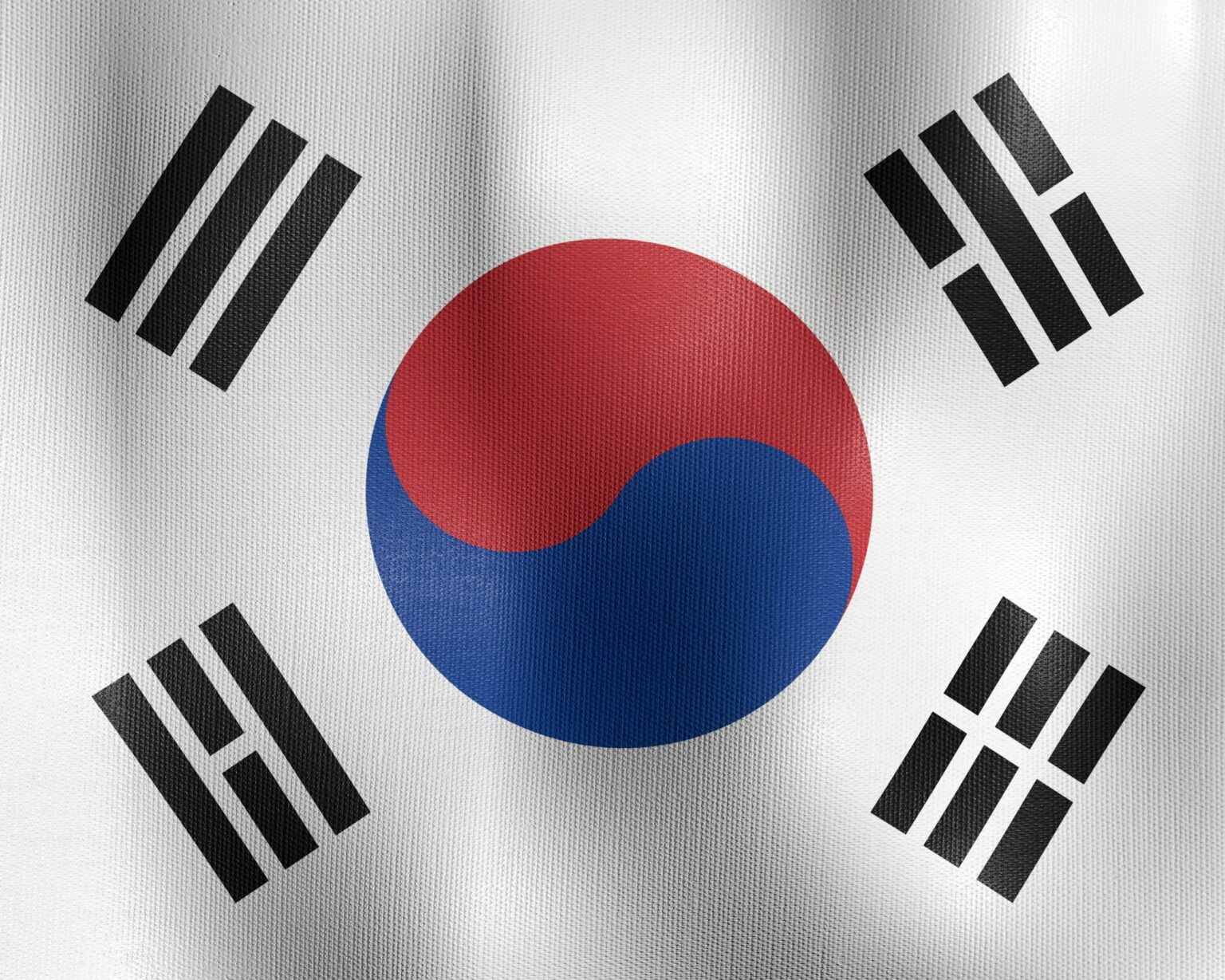In a historic and dramatic turn of events, South Korean President Yoon Suk Yeol was impeached by the National Assembly on December 13, 2024, after a string of controversial actions and accusations of overreach and abuse of power. This marks the first time in South Korean history that a sitting president has been removed from office through impeachment.
The Impeachment Process:
The impeachment proceedings were set in motion after President Yoon declared martial law on December 3, 2024, citing what he described as a growing threat posed by opposition lawmakers engaging in anti-state activities. The move to declare martial law triggered widespread protests and outrage across the country, with citizens and opposition parties condemning the decision as an authoritarian overreach.
Despite the lifting of martial law following public outcry, President Yoon’s government continued to resist calls for accountability, prompting the National Assembly to take action. After a lengthy debate, the assembly voted overwhelmingly to impeach Yoon, accusing him of undermining democratic institutions and engaging in excessive use of executive power.
Political Fallout:
The impeachment of President Yoon has sent shockwaves through South Korean politics. Many citizens, particularly younger generations, see the impeachment as a victory for democracy and a rejection of authoritarian tendencies. However, supporters of President Yoon argue that the impeachment was politically motivated and driven by factions seeking to destabilize the government.
With the Constitutional Court’s final ruling upholding the impeachment, Yoon’s presidency has come to an abrupt end. South Korea now faces the prospect of a transitional government and early elections, which are expected to take place in the coming months. The impeachment has raised serious questions about the future of South Korean democracy, with many wondering whether the country will face further instability in the wake of such a historic political upheaval.
